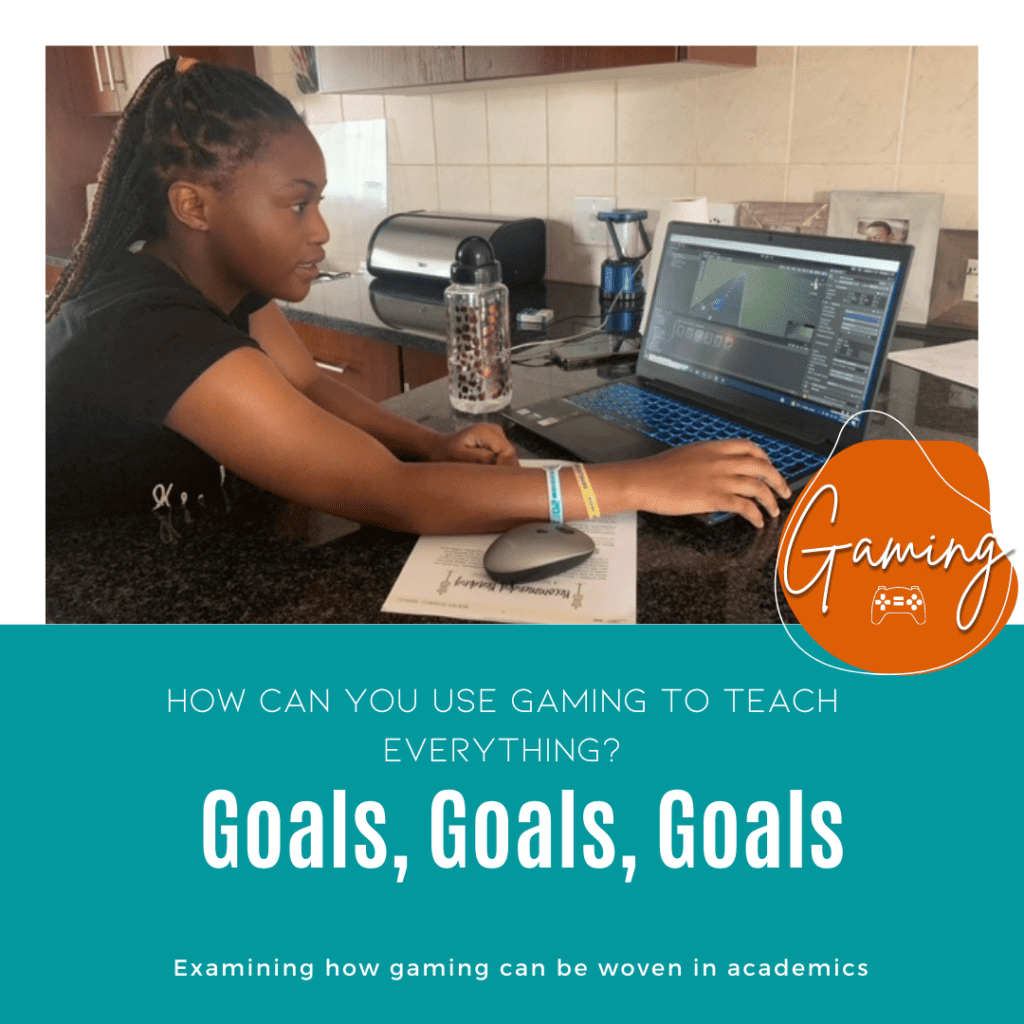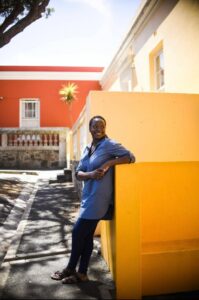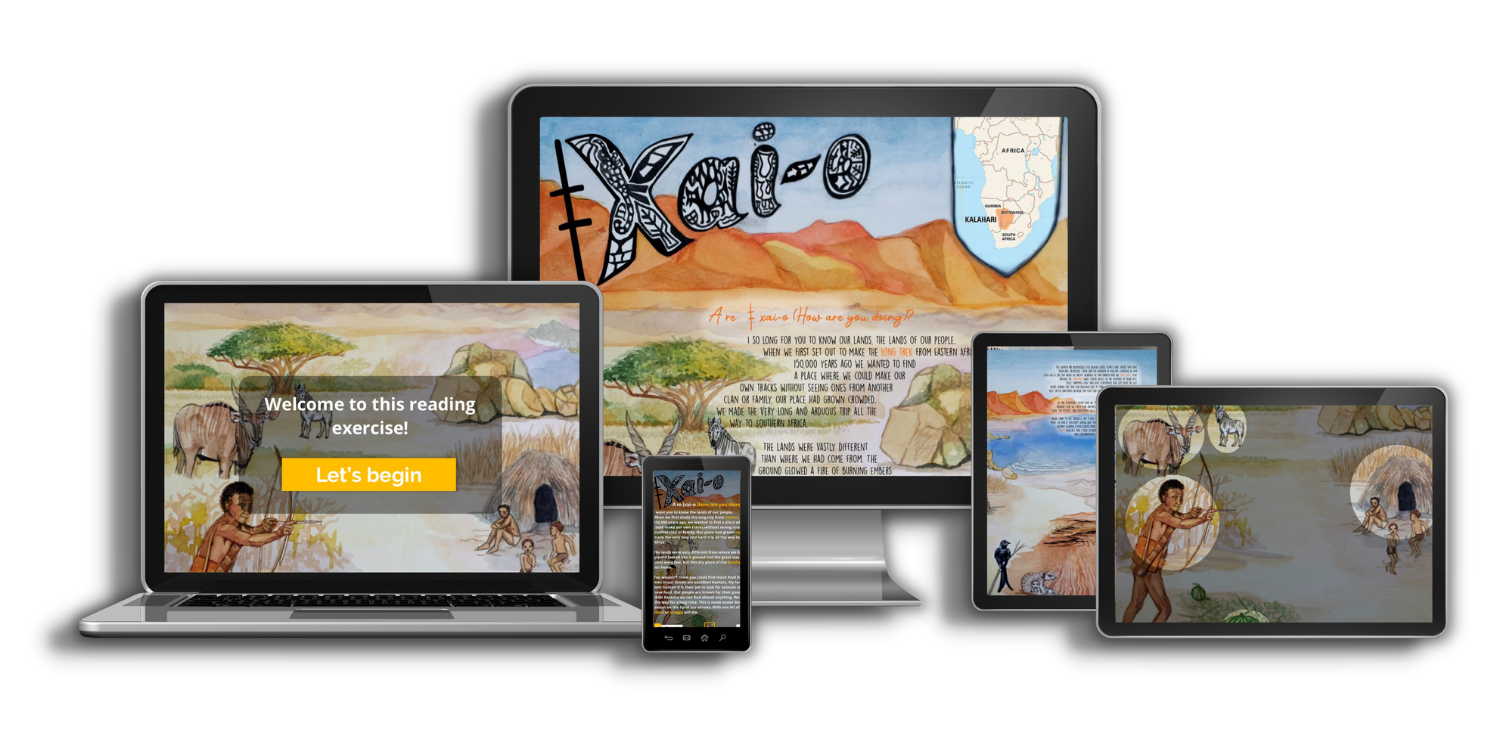In this advanced gaming design course, my goal is to use the power of gaming and virtual reality (VR) to help black youth in South Africa learn valuable skills and achieve success in the gaming industry and beyond.
To achieve this goal, I plan to partner with Wits University, Tshimologong Innovation Hub and a local science center to involve robotics and programming through game design. This partnership will provide a unique and comprehensive learning experience that combines the latest technology and industry expertise.
According to a recent report, the gaming industry is projected to reach a global value of $159.3 billion by 2020, and it is expected to continue growing at a rapid pace. However, despite this growth, the gaming industry has been historically dominated by white men, and black youth in South Africa have often been left out of the conversation. According to a study by the University of Cape Town, only 5% of the South African IT workforce is black.
Furthermore, it is important to note that digital literacy in South Africa is still relatively low, with only 49% of the population having basic digital skills, according to a 2019 report by the International Telecommunication Union. Additionally, access to computers and the internet is still limited in South Africa, with only around 60% of students having access to computers and around 40% having access to the internet, according to a 2020 report by the Department of Basic Education.
One important aspect of this program is that it can also improve English language acquisition. English is the language of instruction in most schools in South Africa and is considered an important language for communication and career development. By providing training and resources in game design and development, this program will also expose youth to the English language in a fun and engaging way. This will help them improve their proficiency in the language and better equip them for future opportunities, whether in the gaming industry or other fields.
I believe that gaming is a fun and engaging way to learn important subjects like math, science, and programming. And since gaming industry is growing, It has a lot of career opportunities that can be a great fit for young people with these skills. Furthermore, by partnering with Wits University, Tshiomologong Innovation Hub and a local science center, we will be able to integrate robotics and programming into the curriculum, providing students with an even more comprehensive and hands-on learning experience.
Moreover, using VR in the classroom can remove barriers such as the need for reading or a particular language, thus making it more inclusive for all students. This can also serve as a way to improve English language acquisition, which is an important aspect of communication and career development.
So, I’m planning to work with local organizations and schools in South Africa to provide training and resources for black youth to learn about game design and development, including VR technology. I want to create a friendly and supportive learning environment where everyone can be creative and innovative.
I’ll also be working with local game developers and studios to provide mentorship and internship opportunities for the youth I train. This will give them a chance to put their new skills into practice and learn from experienced professionals in the industry.
And that’s not all! I also want to teach them about the business side of the gaming industry, like marketing, project management, and financial management. This way, they’ll be well-rounded and ready for anything the gaming industry throws their way.
Overall, my goal is to help bridge the gap in the industry and increase the representation of black youth in the South African gaming industry by providing them with the training and resources they need to succeed. The use of VR technology and partnership with Wits University, Tshimologong Innovation Hub and a local science center to integrate robotics and programming through game design will give students a comprehensive and hands-on learning experience. The program will also improve their English language proficiency, which will be beneficial for their future opportunities. With the right training and resources, we can empower black youth to improve their digital literacy and skills to be successful in the gaming industry and beyond.





